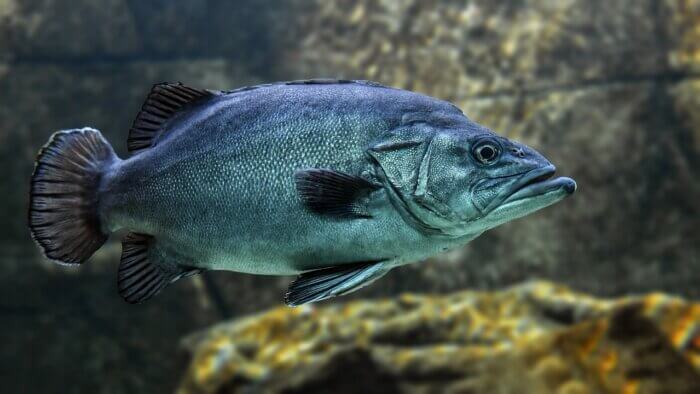
The seas abound with intelligent, sensitive individuals who were created with dignity by the Lord. Yet many humans still think nothing of ravaging sea life. PETA established Fish Amnesty Day, which is on September 28 this year, to raise awareness of the lives of these sentient beings and the global abuse they endure.
Over the past couple of decades, scientific discoveries have completely disproved the mistaken belief—often perpetrated by the fishing industry—that fish can’t feel pain. Fish have complex nervous systems and are just as capable of feeling pain as cats, dogs, and other animals are. Yet they’re wantonly killed by the commercial fishing industry, which shows them no regard as living, feeling individuals.
In this devastating industry, workers cast large nets that ensnare not only their intended victims but also other species indiscriminately, including sharks, turtles, and dolphins. As they’re violently hauled up to the surface, the swift decline in pressure can cause many fish’s stomachs to be forced out of their mouths and their eyes to pop out of their heads. Those who survive typically bleed or suffocate to death, which can take 24 agonizing hours.
Few people realize that fish—an estimated 15 million or more every year in the U.S. alone and many millions more around the world—are also subjected to cruel and pointless experiments. And even though they’re capable of feeling excruciating pain from this unconscionable abuse, fish aren’t covered by even the minimal legal protections afforded by the federal Animal Welfare Act. Experimenters face no accountability for the suffering they inflict on them in gruesome and unnecessary procedures.
Fish communicate with one another in their own language of squeaks, squeals, and other low-frequency sounds as well as a kind of sign language and have been seen playing together in currents and bubble streams. Many are devoted parents who care for and protect their young, creating safe places for them to sleep in. They’re often very affectionate and loving, and some enjoy cuddling and feel safe in groups.
Clearly, God created fish as intelligent, sensitive beings. They have a special place in creation just like everyone else. Unfortunately, their kind, gentle personalities make them easy targets for cruel and exploitative humans, and compassionate Christians must avoid contributing to their suffering in any way.
This Fish Amnesty Day, we can help raise awareness of fish’s plight by sharing movies like Seaspiracy with our friends and help alleviate their suffering by enjoying some scrumptious fish-free recipes that aren’t made with the flesh of the Lord’s sentient individuals. As we reclaim our God-given roles as kind stewards of His creation, let’s start a wave of compassion for our fish friends!






